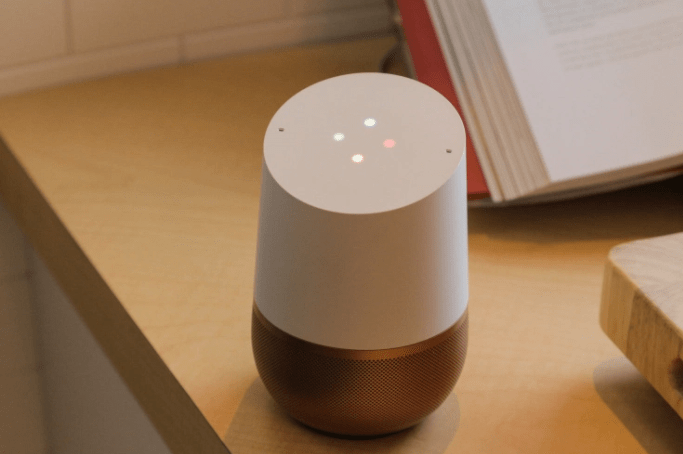In the rapidly evolving landscape of smart technology and artificial intelligence, Google has taken a noteworthy leap forward. With the announcement that developers can now create apps for the Google Assistant on devices like Google Home, the stage is set for a new wave of innovation. This is more than just an update; it opens up tremendous possibilities for developers to engage users in dynamic conversations and deliver value in a seamless manner. Let’s delve deeper into what this means for both developers and users alike.
The Power of Conversation Actions
One of the most exciting features Google has introduced is the concept of “conversation actions.” This enables developers to create applications that facilitate back-and-forth dialogue with users through natural language. Instead of cumbersome menus and navigation, users can simply activate their Google Assistant by saying, “OK Google, talk to [App Name].” This conversational interface not only renders the user experience more intuitive but also opens avenues for highly personalized interactions.
Accessibility for All Developers
Gone are the days when only a select group of developers could tap into this technology. With Google extending its reach to all interested developers, the barrier to entry has significantly dropped. The implementation is low-friction, encouraging innovation without the need for complex configurations or enabling unnecessary skills. As Google continues to roll out this capability, developers can expect a streamlined process to bring their voice-enabled services to users, boosting engagement and convenience.
Partnering for Success: Google’s Collaborations
To support developers venturing into this exciting territory, Google has forged partnerships with several key players, including API.AI, GupShup, DashBot, and VoiceLabs, among others. These collaborations aim to equip developers with the resources they need to harness the full potential of Google Assistant. By leveraging existing technologies and tools from these partners, developers can build richer and more functional applications, ensuring they are well-prepared to deliver meaningful experiences to users.
Crucial Enhancements: Future Outlook
While the initial rollout of conversation actions is set to enhance user experience and app interactivity, Google has hinted at further enhancements. Expect advancements that will allow deeper integrations across different sectors, alongside functionalities for purchases and bookings. Although the specifics remain sparse, the potential for expanding Google Assistant’s capabilities presents a thrilling prospect for developers and businesses alike.
Conclusion
The introduction of app development for Google Assistant is a significant step in the evolution of smart technology ecosystems. With conversational interfaces and a focus on accessibility, developers have a golden opportunity to innovate and interact with users in unprecedented ways. As we look to the future, the promise of deeper integrations and functional expansions provides an even more enticing invitation for developers to engage in this new frontier.
At fxis.ai, we believe that such advancements are crucial for the future of AI, as they enable more comprehensive and effective solutions. Our team is continually exploring new methodologies to push the envelope in artificial intelligence, ensuring that our clients benefit from the latest technological innovations. For more insights, updates, or to collaborate on AI development projects, stay connected with fxis.ai.

